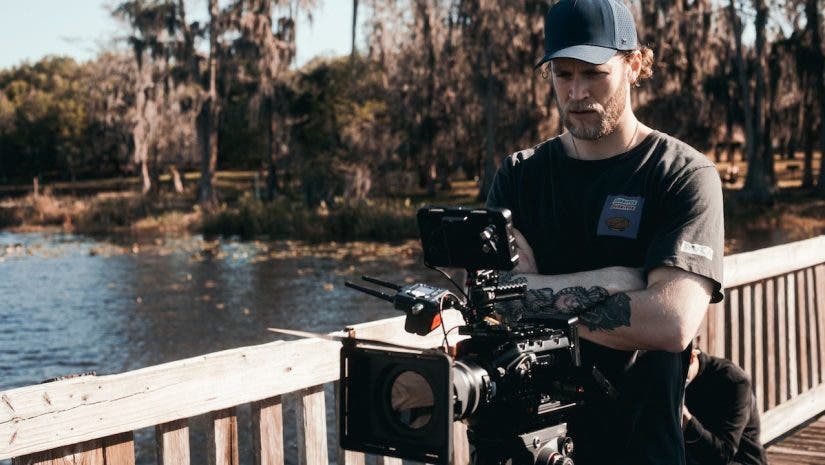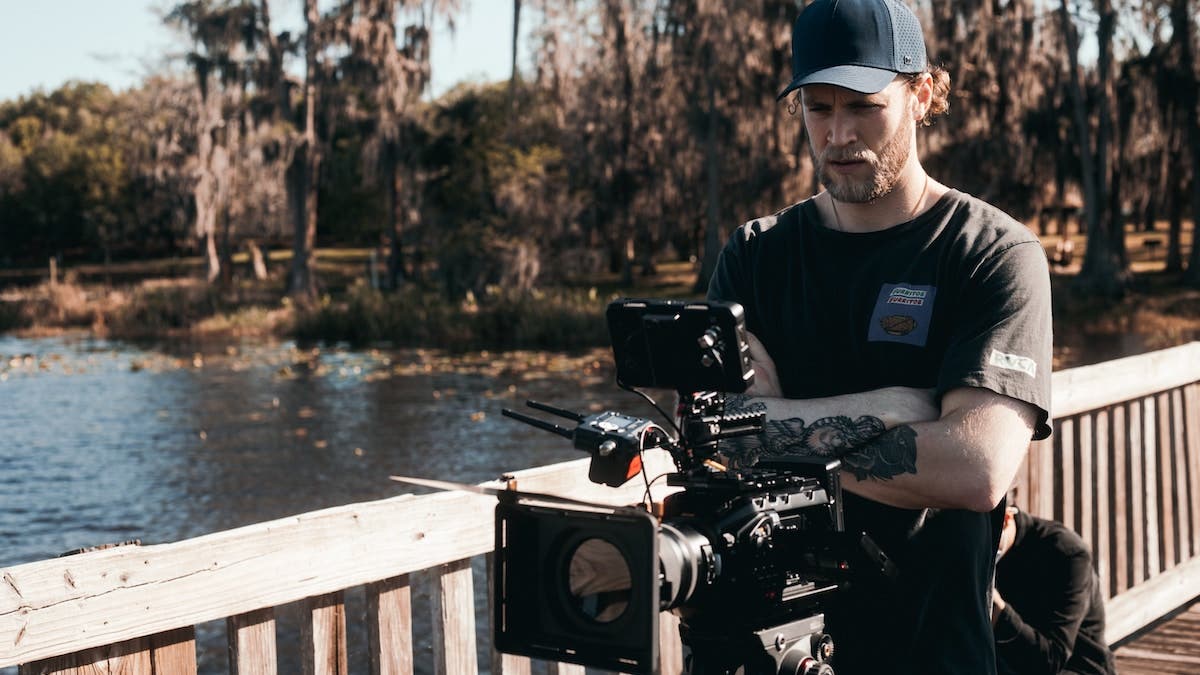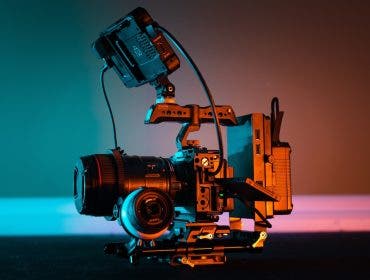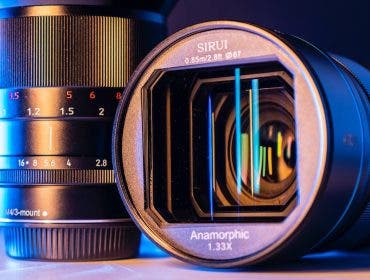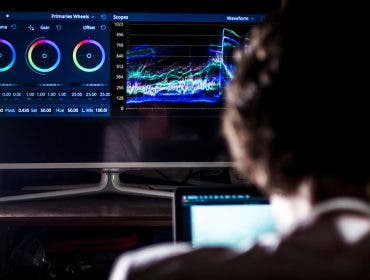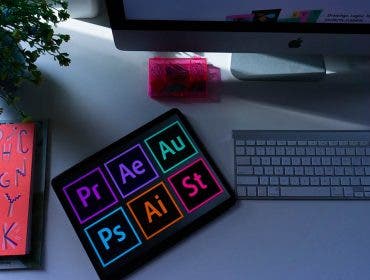In filmmaking, this age-old question often arises: “Should I rent or buy my filmmaking gear?” It’s a conundrum that all new filmmakers must grapple with. The choice between renting high-quality, often expensive gear and investing in equipment is not always straightforward. The needs of a run-and-gun cinematographer will not be the same as a Youtube content creator, or a commercial filmmaker. Although, the decision to rent or buy filmmaking gear can be made easier when you know the drawbacks and advantages of both, and understand what will best meet your specfic needs.
Costs of Buying vs Renting
Let’s talk numbers. Consider a popular and affordable cinema camera like the Sony FX3, which, at the time of writing, you can purchase for $3,900. If you rent the same camera, it would cost around $175 per day or $525 at a weekly rate (according to Adorama Rental Company).
It might seem like a no-brainer to opt for renting, especially if you’re only using the camera for a few days. Although, if you consistently find yourself renting the FX3, say, once every month for a week-long shoot, you’d spend around $5000 in rental costs by the end of the year. That’s nearly a thousand dollars more than just buying the camera from the get-go!
So, when does buying make more sense than renting?
It’s essentially when you find yourself consistently renting the same equipment over a long period, when the cumulative rental costs outweigh the initial purchase price.
Another thing to consider is the camera’s resale value. Even used, a Sony FX3 could recoup a significant chunk of your initial investment.
However, this isn’t a one-size-fits-all equation. While it is about your unique needs, project frequency, and personal finances, it’s also about understanding the fact that owning a cinema camera generally comes with added costs. For example, you will need to rig it out with an external monitor, cables, a video transmitter, etc. You also shouldn’t forget about maintenance and insurance costs.
Questions to ask before buying filmmaking gear:
- Have I rented this gear before? Did I enjoy using it?
- Is this gear for my business that will earn income?
- What is the long-term or short-term lifespan on this piece of gear?
Generally, cinema cameras need a faster return on your initial investment after 7-10 years. They can become outdated, obsolete, or have too many user hours clocked on the sensor.
Alternatively, you can also consider renting out some, if not all, of the gear you own when you’re not using it. Another option can be selling your used gear to a retailer, such as Adorama.
Make sure to always factor in the value of time and the opportunity cost of rentals. But don’t make the leap from renter to owner without considering all the mentioned factors.
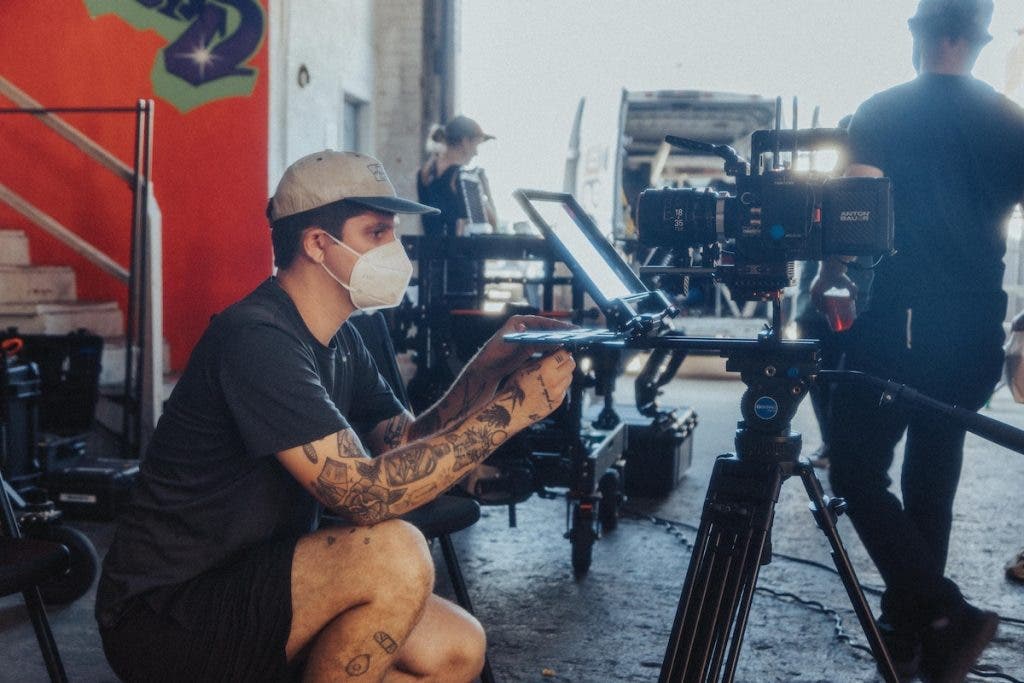
Pros of Buying Gear
Owning filmmaking gear is like having a master key to your creative pursuits. You have immediate access to your equipment, ready to shoot when inspiration strikes. Familiarity with your gear, knowing each function like the back of your hand, can lead to a smoother, more efficient workflow.
It’s compelling financially, too. Frequent use of the same gear can favor buying over renting, considering resale value. If you’re into creating a regular stream of content like YouTube videos, podcasts, short films, or modest budget commercials, investing in your own gear becomes a pragmatic choice.
An affordable camera and a trio of your preferred lenses should form the core of your kit. Combine it with a compact lighting setup and a quality shotgun microphone like the Sennheiser MKH-416, and you’re ready to tackle a wide array of projects.
Cons of Buying Gear
On the other hand, the decision to purchase filmmaking gear shouldn’t be taken lightly. The initial price tag is just the tip of the iceberg of the total investment. You must also account for the ongoing expenses that accompany gear ownership. These expenses include regular maintenance, repair costs, and essential insurance coverage to protect your investment.
The dynamic nature of technology adds another layer of complexity. What may be a cutting-edge camera today can easily be overshadowed by an upgraded model in just a couple of years. This rapid tech evolution can potentially turn your substantial investment into an outdated piece of kit sooner than you might expect.
Ownership also places the responsibility of storage and transport on you. If your gear is bulky or extensive, these tasks can quickly become cumbersome and time-consuming. Furthermore, owning equipment may confine you to a particular set of tools. This could curtail your creative flexibility, hindering the exploration of different filmmaking styles and cinematography techniques that a variety of equipment could offer.
Gear buying comes with its share of challenges and responsibilities. It’s a decision that needs to be carefully weighed, considering both your current and future filmmaking aspirations.
Pros of Renting Gear
Renting filmmaking equipment comes with perks, including flexibility. It gives you the opportunity to use state-of-the-art equipment without a substantial initial investment. Want to capture a smooth, tracking shot using a slider or need a jaw droppingly expensive anamorphic lens for a certain film? Renting gear opens the door to these possibilities.
It also offers a platform to try out diverse types of gear before buying. For example, Adorama’s ARC Cinema has a team of production specialists that can help you customize your production kit that best suits your needs, from a wide selection of top-of-the-line brands including ARRI, Red Digital Cinema, Canon, and Sony. This approach minimizes the risk of pouring money into equipment that might not align with your unique creative vision or needs.
Plus, when you rent, you sidestep equipment upkeep and storage. It’s a practical strategy to keep your costs down, particularly if you’re a newcomer to the industry or work project-to-project. Additionally, renting gear is often necessary for working professionals who need to meet the needs of their clients and therefore, need a variety of gear at their disposal. For high-profile gigs that require specific gear, renting remains the industry standard. You can conveniently incorporate rental costs into your client’s budget, ensuring you have the right tool for every job without breaking the bank.
Cons of Renting Gear
If you’re someone who regularly uses specific equipment, cumulative rental fees can quickly escalate and may even surpass outright purchasing costs. Renting requires meticulous planning to ensure the gear you need is at your disposal exactly when you need it. Spontaneous shoots or ongoing projects can hit snags if the necessary equipment isn’t readily available.
In addition, the logistics of gear pick-ups and returns can add to the overall hassle. And while renting gives you the freedom to explore different types of gear, it may lack the steady familiarity you develop by consistently using the same tools repeatedly.
At times, finding the gear you need can be a scramble if your preferred rental house has already rented it or sent it out for repairs. However, it’s worth noting that renting can be a hassle when traveling, particularly to international locations with strict media regulations.
Finally, something to consider when renting gear is re-shoots.For example, let’s say you rent a RED V-Raptor for your project along with some Cooke Anamorphic Lenses, and then after the project is over and the gear is returned, you will need to set up a new rental order again.
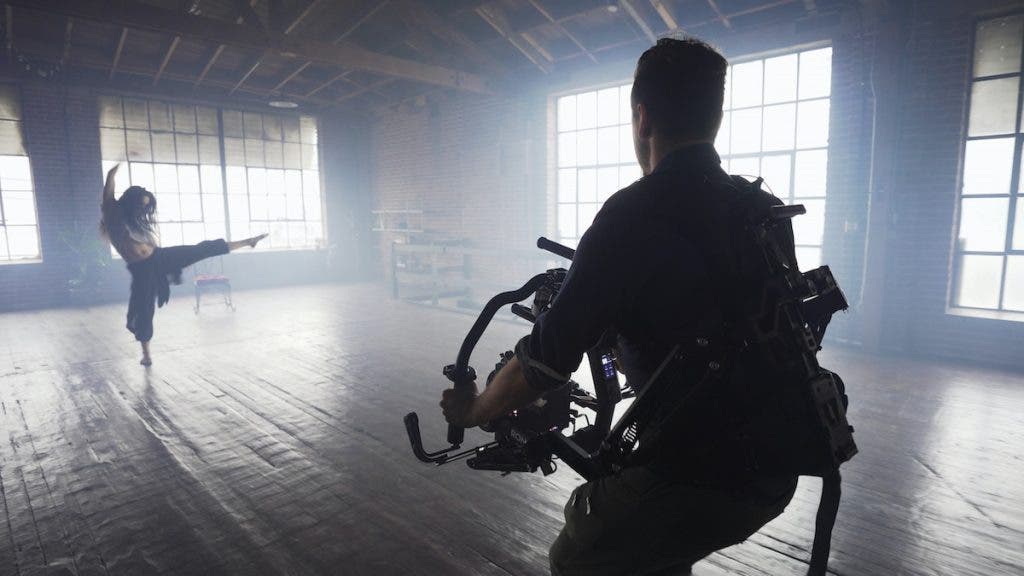
Gear Recommended to Rent
When it comes to gear to rent, think about items you use infrequently or that are highly specialized. For instance, think about certain cinema lenses, or camera rigs like a steadicam or jib, that are only needed for a specific scene.
Similarly, high-end cinema cameras and vintage lenses that might be cost-prohibitive to buy outright, or advanced drone equipment that you only use occasionally also fall into this category. Renting these pieces of equipment when you need them can be more cost-effective.
Additionally, renting can be an ideal option when experimenting with different gear before making a substantial investment. You can try out various brands and models to see what fits your style and requirements best. It’s a way of getting to know your gear before buying.
Gear Recommended to Buy
As for gear to buy, consider the workhorses of filmmaking — the items you reach for again and again. This can be a reliable and affordable, lower-end cinema camera that suits your filming needs.
It can also be a set of versatile lenses that cover a broad range of shooting scenarios. Quality audio equipment like shotgun microphones, lavaliers, and audio recorders are also a smart investment as sound quality is a critical aspect of any production. Investing in these items can save you money in the long run if they’re constantly used.
Furthermore, owning these essential pieces of gear ensures you’re familiar with their operation. This can speed up your workflow and enable you to capture those fleeting moments of magic that often pop up in filmmaking. Don’t forget about the smaller items too — a sturdy tripod, reliable memory cards, and high-quality lighting equipment can all be worth the initial outlay.
Final Thoughts
Filmmaking doesn’t have a one-size-fits-all answer to rent vs. buy filmmaking gear. You can actually consider a solution that includes a combination of owning gear and supplementing with rental gear for specific projects. This includes factors such as your budget and how often you shoot your own projects, or how often you’re hired out to work on someone else’s. There is also the option to rent out the gear you own when you’re not using it.
To boil it down even further, it’s about understanding the balance between flexibility and short/long-term investment, between upfront cost and potential long-term value.Hopefully this has illuminated some key factors to help guide your decision-making process.
If you still need more guidance, you can always chat with our production experts at our sister company, Adorama Rental Company. They can help advise you on industry best practice, gear best suited for production types, and more. Learn More >
